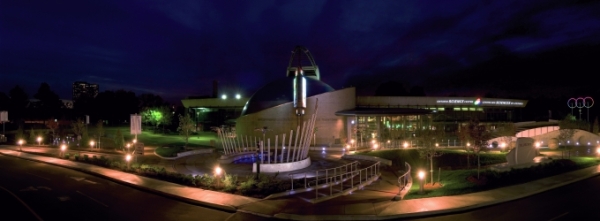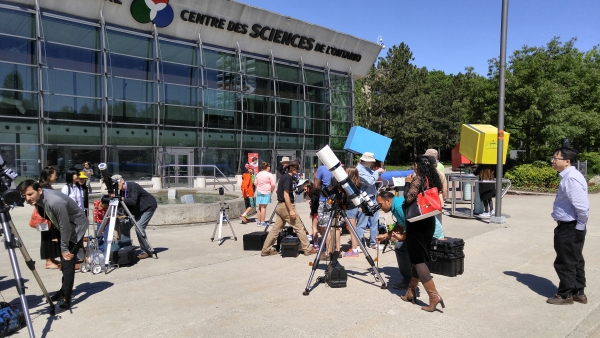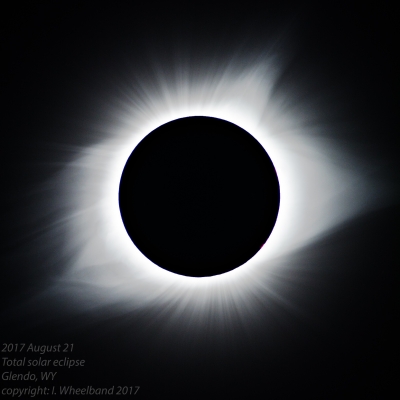Millennium Square, Pickering
Once a month, weather permitting, from April through October, the RASC holds a public star party at Millennium Square. Located on the shore of Lake Ontario, views to the south are out over the lake and away from the worst of the urban light pollution endemic in the GTA. These darker skies provide opportunities for the general public to view the moon, planets and brighter celestial objects through a selection of telescopes. Dates and go/nogo status for these gatherings can be found on the Millennium Square Events page.
To reach Millennium Square from the 401, take exit 394 to Whites Road South. make a quick left onto Bayly Road and follow it East to Liverpool Road. Make a right onto Liverpool Road and follow it South to the lake.
Latitude
43º 40' 43" N
Longitude
79º 17' 25" W
Parking
There is a large parking lot to the left ( East ) of Liverpool road immediately before the pedestrian bridge to the square.



